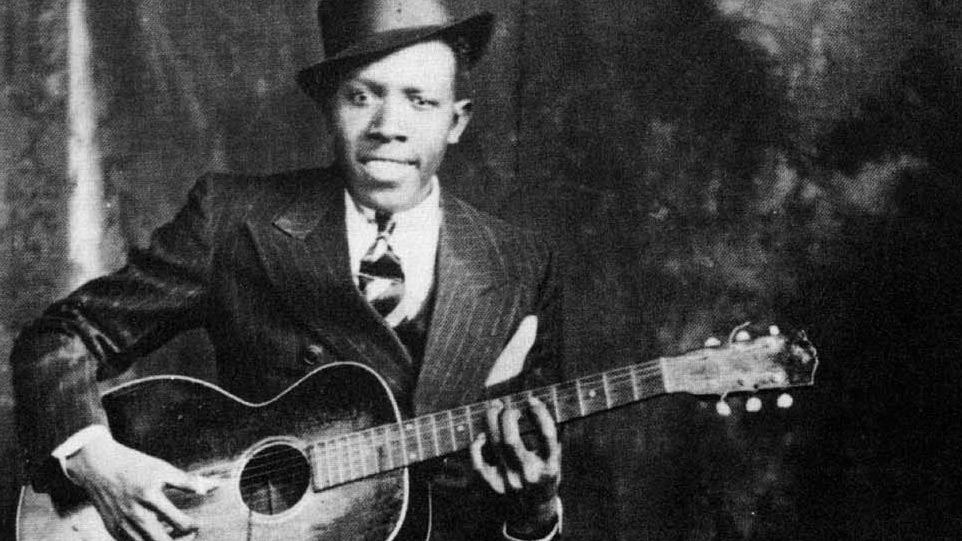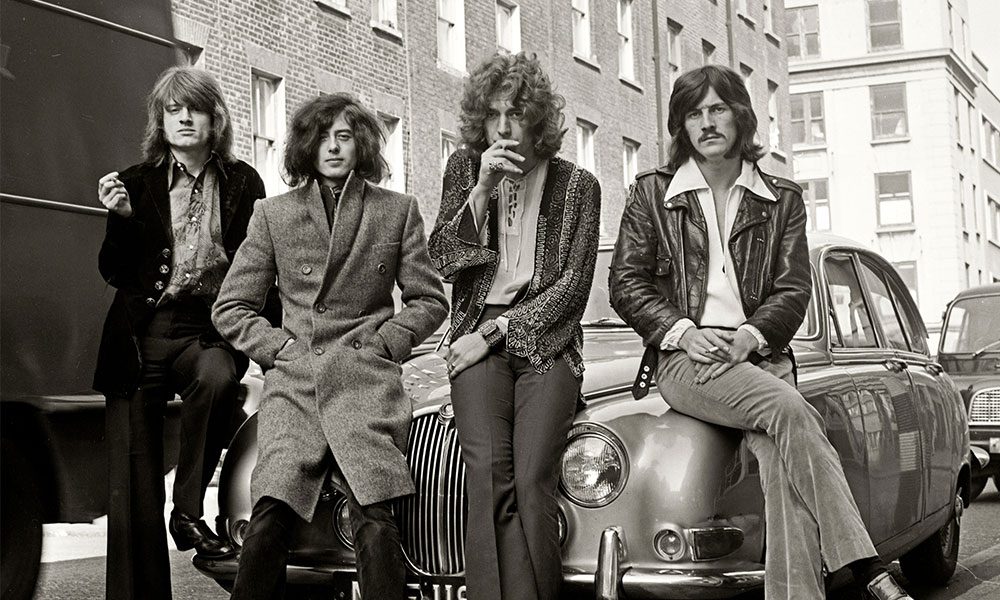In the realm of music, covers are widespread yet sometimes mocked. You could hear commentators mock them by saying, “Couldn’t come up with anything yourself them.” Nevertheless, covers are and have always been a crucial component of the development of music; lest we forget that The Beatles and The Rolling Stones relied on blues covers as a crutch during their formative years before developing the confidence and free time to create their own discographies.
Cover songs are frequently used to draw attention to undiscovered artists and encourage experimentation. For instance, Johnny Cash contributed his own acoustic gravitas to Nine Inch Nails’ “Hurt” and Depeche Mode’s “Personal Jesus” in the early 2000s. We never would have thought to give these tunes such a whole new lease of life. In the meanwhile, learning more about Cash’s taste in modern music was fascinating.
Today, we’re going over the 10 songs that have been covered the most. Naturally, The Beatles took first place both musically and with their number-one song, “Yesterday.” The 1965 song, which was enormously successful, was published as a single in the US and quickly reached the top spot on the Billboard Hot 100.
One of the band’s and, by extension, the world’s most well-known songs today, “Yesterday,” almost never came to be. The sorrowful ballad’s whole melody and song structure are said to have been created by McCartney in a dream when he was resting at the Wimpole Street residence of his then-girlfriend Jane Asher and her family. He raced to the piano as soon as he woke up to play the tune and hum some of the early lines to keep the memory alive.
Paul McCartney was hesitant to record the song because he believed that the condition known as “cryptomnesia” proved that he must have unintentionally stolen someone else’s ideas. In his autobiography, Paul McCartney: Many Years from Now, McCartney recounted. “For about a month, I went round to people in the music business and asked them whether they had ever heard it before. Eventually, it became like handing something in to the police – I thought if no one claimed it after a few weeks, then I could have it.”
He added, “So first of all, I checked this melody out, and people said to me, ‘No, it’s lovely, and I’m sure it’s all yours.’ It took me a little while to allow myself to claim it, but then like a prospector, I finally staked my claim, stuck a little sign on it and said, ‘Okay, it’s mine!’ It had no words. I used to call it ‘Scrambled Eggs’.”
According to Guinness World Records, there have been more than 1,600 recorded versions of “Yesterday” over the years. According to Broadcast Music Incorporated (BMI), the song was played more than seven million times alone in the 20th century.
Below is the whole top 10 list.
The 10 most covered songs in history:
The Beatles – ‘Yesterday’
The Rolling Stones – ‘(I Can’t Get No) Satisfaction’
Elvis Presley – ‘Love Me Tender’
Michael Jackson – ‘Billie Jean”
The Beatles – ‘Eleanor Rigby’
Frank Sinatra – ‘My Way’
Simon and Garfunkel – ‘Bridge Over Troubled Water’
Bill Withers – ‘Ain’t No Sunshine’
Leonard Cohen – ‘Hallelujah’
The Beatles – ‘And I Love Her’











